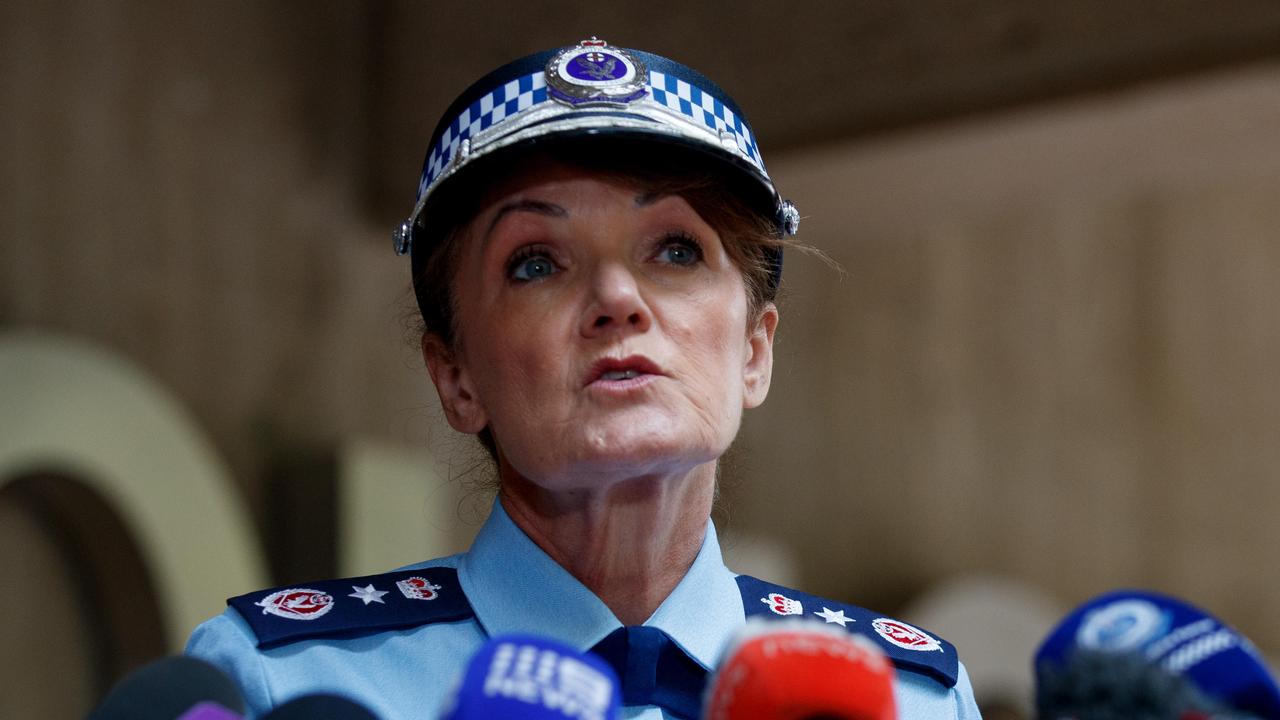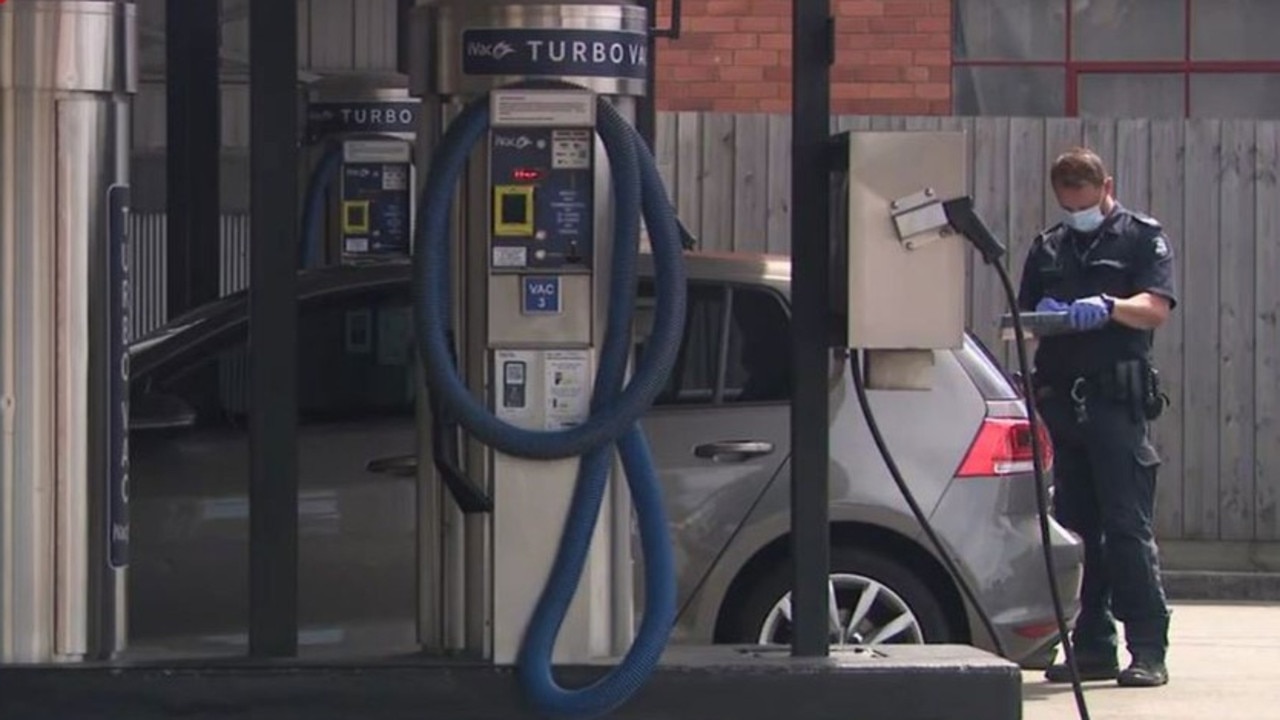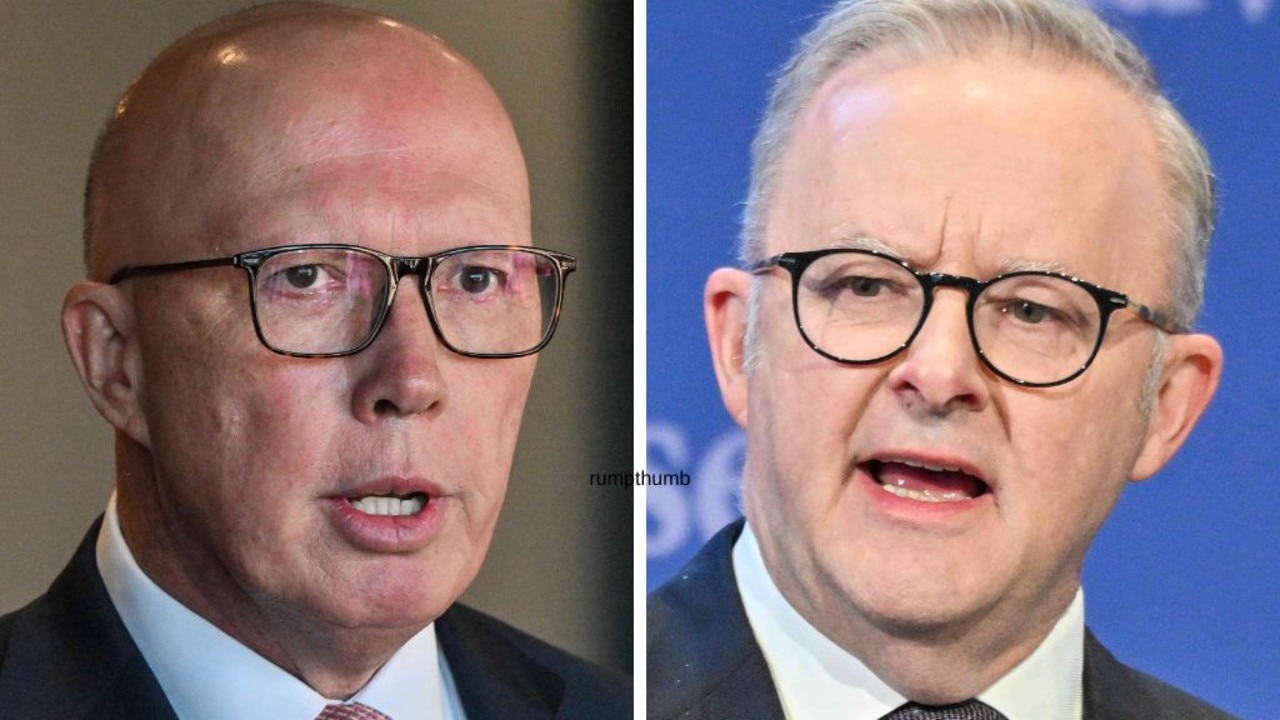Teenager who was brutally bashed and left by ex-partner shares story for domestic violence awareness
Anj Barker’s ex-boyfriend choked her so violently her vocal cords were severed. Then he bashed her almost to death. WARNING: Confronting content

WARNING: Confronting content
Anj Barker’s ex-boyfriend grabbed her by the throat and choked her so violently her vocal cords were severed.
He repeatedly smashed the then 16-year-old’s head on a steel bench at her high school in the Victorian town of Benalla until blood and brain fluid poured out of her right ear.
Then, while she was unconscious on the grass, close to death, the man, who was 20, jumped on her face, snapping her jaw.
“You can f***ing look after her now,” he yelled at a passer-by as he fled.
Moments before the horrific attack, Anj had told her abusive partner she wasn’t taking him back — she was done with the physical and verbal abuse.
Now a domestic violence campaigner, speaking in schools to students who are around the age she was when her life changed, Anj recounts her story in the new season of groundbreaking television series You Can’t Ask That.
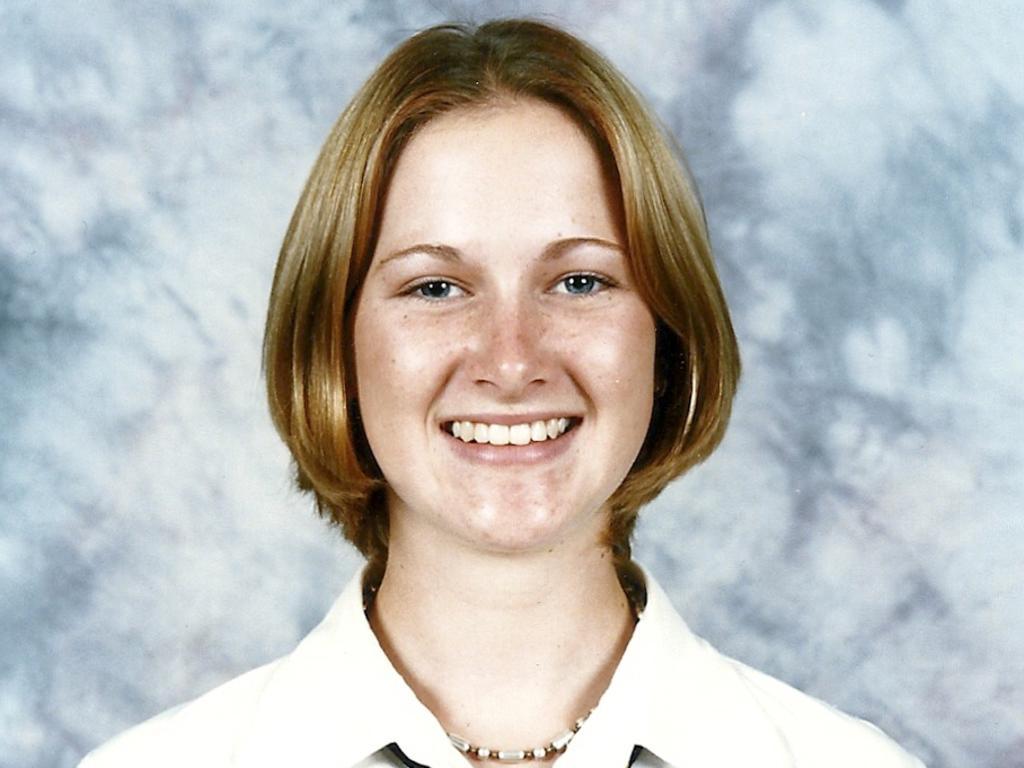
The ABC program, which returns for a new season this week, poses a number of questions to survivors of domestic and family violence in Wednesday’s episode.
One of them is a question Anj has had a few times over the years: Why didn’t you leave sooner?
“I thought I was going to fix him,” Anj said.
“I was going to make him a better person. He would grovel and come back to me. He would always promise he would never hit me again. It was all lies. I fell for it.”
When she would try to break off their relationship, Anj would notice him pop up “everywhere I was” in town.
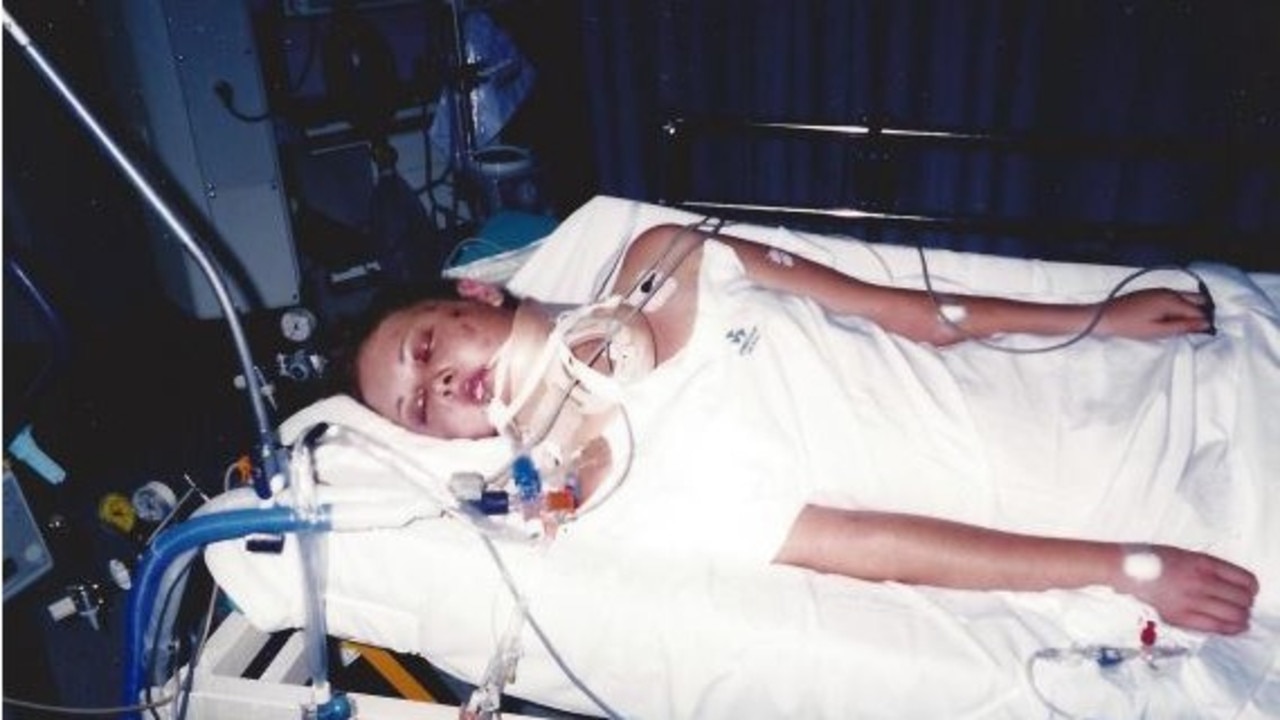

Anj was 14 when they met. He was the cool guy in town — popular and good-looking — and for a while the relationship was nice.
So nice she didn’t really notice at first he was slowly isolating her from loved ones and controlling what she did and where she went.
Anj said the abuse began as verbal and then physical before escalating wildly out of control.
“The slaps got harder, then they turned into punches,” she recalled.
“One night, he was going to cut my head off with an axe, but he couldn’t find it, so I guess I got lucky there.”

She began to fear no matter what she did, she would never get away.
They agreed to meet one final time at her school late in the afternoon on a day in March 2002 — the day he exploded in a rage and almost killed her when she said it was over.
“He strangled me so hard he (snapped) the vocal cords in my throat, while he repeatedly bashed the back of my skull on a steel bench,” Anj said.
She says her skull “turned to jelly”, and while she was unconscious, “he repeatedly jumped on my face, snapping my jaw”.
When paramedics arrived, Anj was convulsing and had to be revived a number of times in the ambulance while being rushed to hospital.
She was unconscious for three weeks, and her mum and dad were warned to prepare for the worst — what seemed like an inevitable and horrific outcome given the extent of her injuries.
“To begin with, my parents were told that I would be in a vegetative state for life,” Anj said.
She was moved to a ward “where people go to die” after being released from intensive care and suffered nine months of post-trauma amnesia.
Meanwhile, her attacker was sentenced to the minimum jail term of seven-and-a-half years — a punishment Anj describes as “bull sh*t”.
“I hope he rots in the depths of hell for all eternity.”
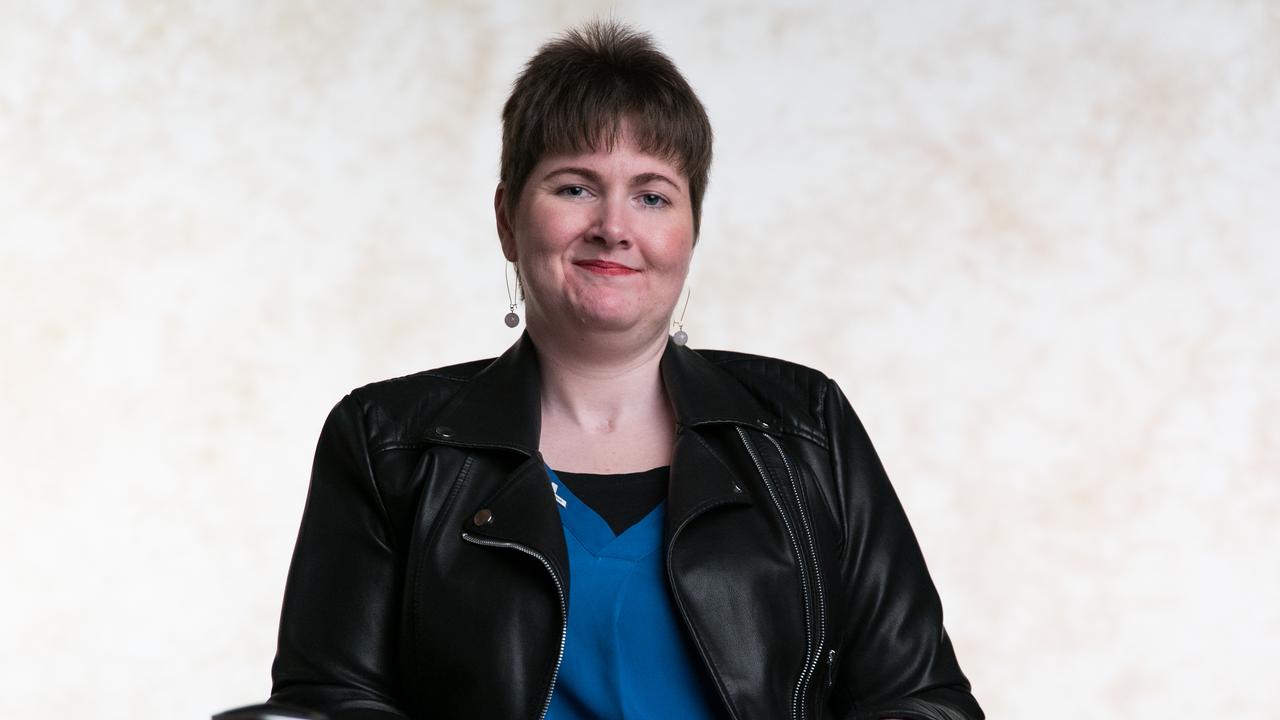
The decade-long road to recovery was long and gruelling, she told news.com.au. Anj had to relearn how to talk and move due to her severe brain injury.
“It took me five months to touch my bottom lip with my tongue,” she said. “I was bedridden for years and non-verbal for five.”
She was in a nursing home for two years but now lives at home with the help of a carer and the support of her family.
Her talks in schools were powerful and had an enormous impact on the young audiences, she said. And it’s an important message.
A study from the Australian Institute of Criminology indicated one-in-three young people experienced some form of relationship violence.
Whether speaking in schools or from her participation in You Can’t Ask That, Anj said she hoped people took away one simple message from her: “Always believe in yourself and do not take abuse from anyone.”
You Can’t Ask That returns to ABC this Wednesday at 9pm.
If you or someone you know needs help, contact the National Domestic Violence Helping on 1800 RESPECT (1800 737 732) or visit 1800respect.org.au


